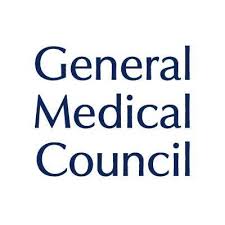How we can help
At Kidswell Health, our paediatric specialists take a comprehensive approach to diagnosing and managing Failure to Thrive. We work closely with families to identify the underlying cause and develop a personalised care plan to support your child’s growth and overall wellbeing.
Our assessments may include:
- Blood tests – To check for anaemia, vitamin and mineral deficiencies, thyroid function, or signs of infection.
- Stool tests – To assess digestive function and rule out malabsorption issues, food intolerances, or infections.
- Urine tests – To identify kidney or metabolic disorders that could be affecting growth.
- Imaging studies – Such as abdominal ultrasound or X-rays if there are concerns about gastrointestinal blockages or abnormalities.
- Hormone testing – To evaluate for conditions affecting growth, such as growth hormone deficiency or thyroid disorders.
- Allergy and intolerance testing – If food allergies or intolerances are suspected as a cause of poor weight gain.
By combining medical testing with nutritional and developmental evaluations, we will create a tailored approach to help your child thrive.
Additional resources
NICE: Faltering growth/Failure to thrive
Disclaimer: Information contained on this page is intended as general advice and does not replace a medical assessment. If you are concerned about your child’s health, please contact your doctor for advice. In an emergency or for urgent care, call 999 or visit your local A&E.



